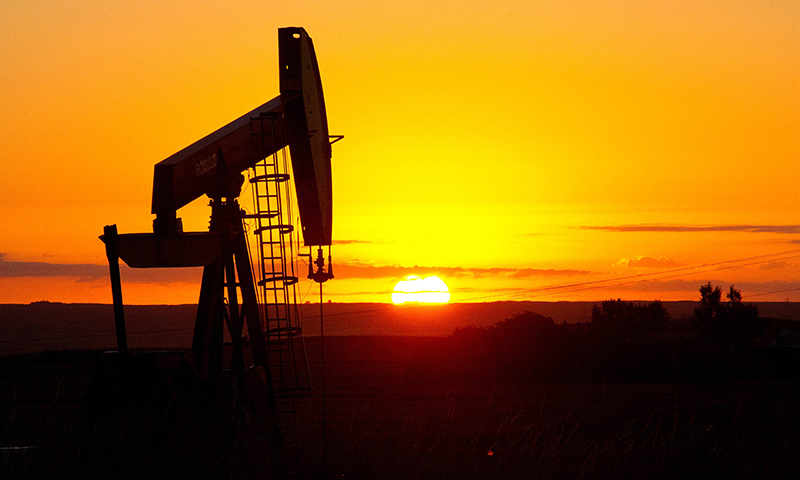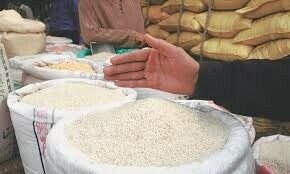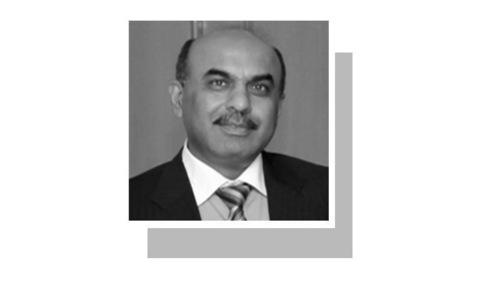ABU DHABI: Oil producers pledged on Thursday to comply with output cuts aimed at rebalancing the sagging market, but offered no further reductions in a sign they are short on options in a market depressed by US-China tensions.
Opec kingpin Saudi Arabia led calls to abide by promises on production curbs that the cartel hopes will drive up prices — with some including Nigeria and Iraq accused of exceeding their quotas.
“Every country should live up to its commitments,” new Saudi Energy Minister Prince Abdulaziz bin Salman said as a committee of producers charged with monitoring the cuts and assessing the oil market held talks in Abu Dhabi.
Prince Abdulaziz said the wider Opec+ alliance which includes Russia is prepared to act to protect the market if sanctions-hit Iran, also a member of the group, returns to the market.
He told the Joint Ministerial Monitoring Committee (JMMC) meeting that it was imperative to restore stability in the oil market, where prices have slumped to below $60 a barrel.
Dubbed Opec+, the 24-member alliance of cartel and non-cartel producers decided last year to cut output by 1.2 million barrels per day (bpd) from January 2019, to boost prices after they fell by more than 40pc.
The cuts were extended by nine months until the end of March 2020 but that failed to invigorate the market, and observers believe the usual levers to control prices seem to be having little effect.
However, host nation United Arab Emirates (UAE) pledged on Thursday to further cut its output by October and Iraq and Nigeria said it will withdraw a total of 230,000 barrels per day (bpd).
“We reiterate our firm commitment to full compliance,” Iraqi Oil Minister Thamer al-Ghadban told a press conference.
“September export levels will be significantly lower than August and there will be deeper cuts in October.” Saudi Arabia, which has been shouldering the burden of existing production cuts, will continue to reduce its oil production “at a rate exceeding the quota agreed through Opec+”, Prince Abdulaziz said.
The oil market has been hit by fears that global demand will be dented by the US-China trade war and the slowdown in world economy.
UAE Energy Minister Suheil al-Mazrouei said on Sunday that the group will do whatever necessary to stabilise the market, and that further production cuts could be considered.
However, he admitted the issue was not entirely in the hands of the world’s top producers, with the market no longer governed by supply but being influenced more by the prolonged row between Beijing and Washington and other geopolitical factors.
“The market is giving up on Opec+ being able to support the price,” Ole Hansen, head of commodities strategy at Saxo Bank A/S told Bloomberg News as prices sagged again Thursday.
Published in Dawn, September 13th, 2019














































